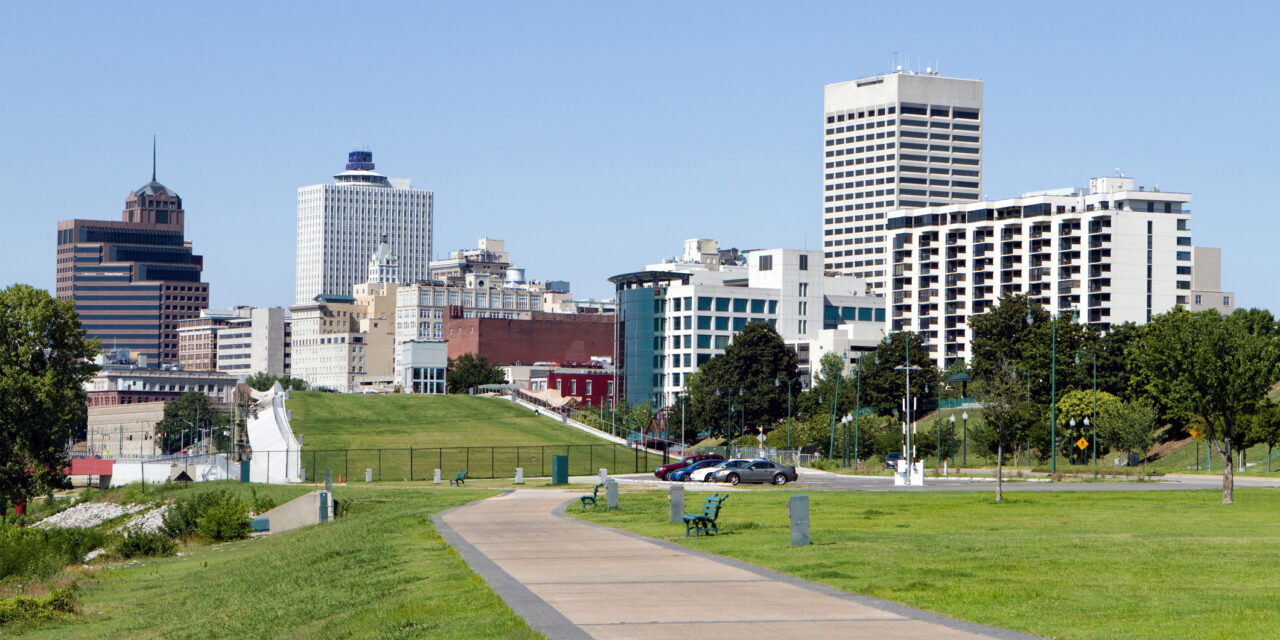
Originally appeared as an opinion guest column in DailyMemphian.com
By Ben Adams and Johnny Moore
Ask anyone from across Shelby County what their top concerns are, and crime always comes up. From Orange Mound to Germantown, Frayser to Arlington, crime and fear of it are arguably the most broadly shared quality-of-life issues in our community.
Everyone deserves to feel safe. Furthermore, Shelby County’s future prosperity depends on it. If employees and their families don’t feel safe, businesses won’t be able to attract and retain talent. If children don’t feel safe in school or are exposed to violence in their neighborhoods and at home, it’s hard for them to learn and thrive. If tourists experience crime on our streets, our hospitality industry will feel the negative economic consequence. If senior citizens feel under siege by gangs on their block, they’re less likely to engage as neighborhood mentors and elders.
Addressing crime starts with preventing it in the first place. That’s where solutions like high-quality early-childhood education, mental-health counseling and after-school programs for youth come in.
But once a crime is committed or allegedly committed, that’s when intervention and enforcement are necessary and our criminal justice leaders step in. They include the Shelby County sheriff, Memphis Police Department director, U.S. attorney, Tennessee and Shelby County Department of Corrections, Shelby County district attorney and public defender, Shelby County mayor and Commission, City of Memphis mayor and City Council, suburban municipal mayors and police chiefs, the Tennessee Bureau of Investigation, the Tennessee Department of Safety and Homeland Security, our judges and a host of others.
While all of these important players have clear lanes, there’s lots of flexibility in what strategies they deploy. So how does the average citizen know who’s responsible for what outcomes, what’s working and what’s not working to reduce crime, and whether best practices are being used? With so many players, whom should we hold accountable for reducing crime? Wouldn’t it give greater confidence to citizens if there were a publicly available plan about shared crime-reduction goals outlining individual agency strategies and a vehicle for regular progress reports?
Thanks to the innovative, private nonprofit organization called the Memphis Shelby Crime Commission (MSCC), all of that is in fact happening.
Picture this: Every three months or so, 50 people of diverse backgrounds who comprise the MSCC board of directors, including myriad law enforcement and criminal justice leaders as well as people from business, faith, nonprofit and grassroots sectors, file into a room for the quarterly MSCC board meeting.
They come to report, as well as to hear and discuss reports, on progress against the 16 objectives in the Operation: Safe Community (OSC) plan. The plan was developed by them, with the input of hundreds of citizens and organizations, and includes a range of initiatives from jobs programs for ex-offenders to staffing goals for MPD. The meetings are highly data-driven, chock full of reports and metrics, and supported by the University of Memphis Public Safety Institute. The goal is to substantially reduce violent crime in the near term.
Led by the highly experienced and respected Bill Gibbons, former Shelby County district attorney and former commissioner of the Tennessee Department of Safety and Homeland Security, the MSCC plays quarterback to all this, but has no authority. Incredibly, all the various leaders of each of these areas voluntarily submit to evaluation and reporting of his/her “owned” initiatives towards the larger shared goals and vision.
The MSCC’s main function is to convene for planning and reporting, and to provide accountability partner nudging, sometimes insistently, when things aren’t moving forward according to the plan. The commission is also a fundraiser to help support plan implementation, and a policy advocate to promote key state and local policies and investments that are part of the OSC plan.
While the strategies of elected and appointed criminal justice leaders are ultimately decided by them, MSCC works to make sure diverse community voices are heard, and best practices and research are considered, as these leaders craft their own objectives for the OSC plan. And MSCC works hard to ensure the plan includes a balance of law enforcement and intervention strategies for maximum immediate impact on reducing violent crime.
This work can be a bit hard to explain as it’s not your typical nonprofit. That’s why we’re writing today. We’re taking some new steps to get the word out about this important organization.
If you or your group would like to learn more, please contact [email protected] or (901) 355-1269.
